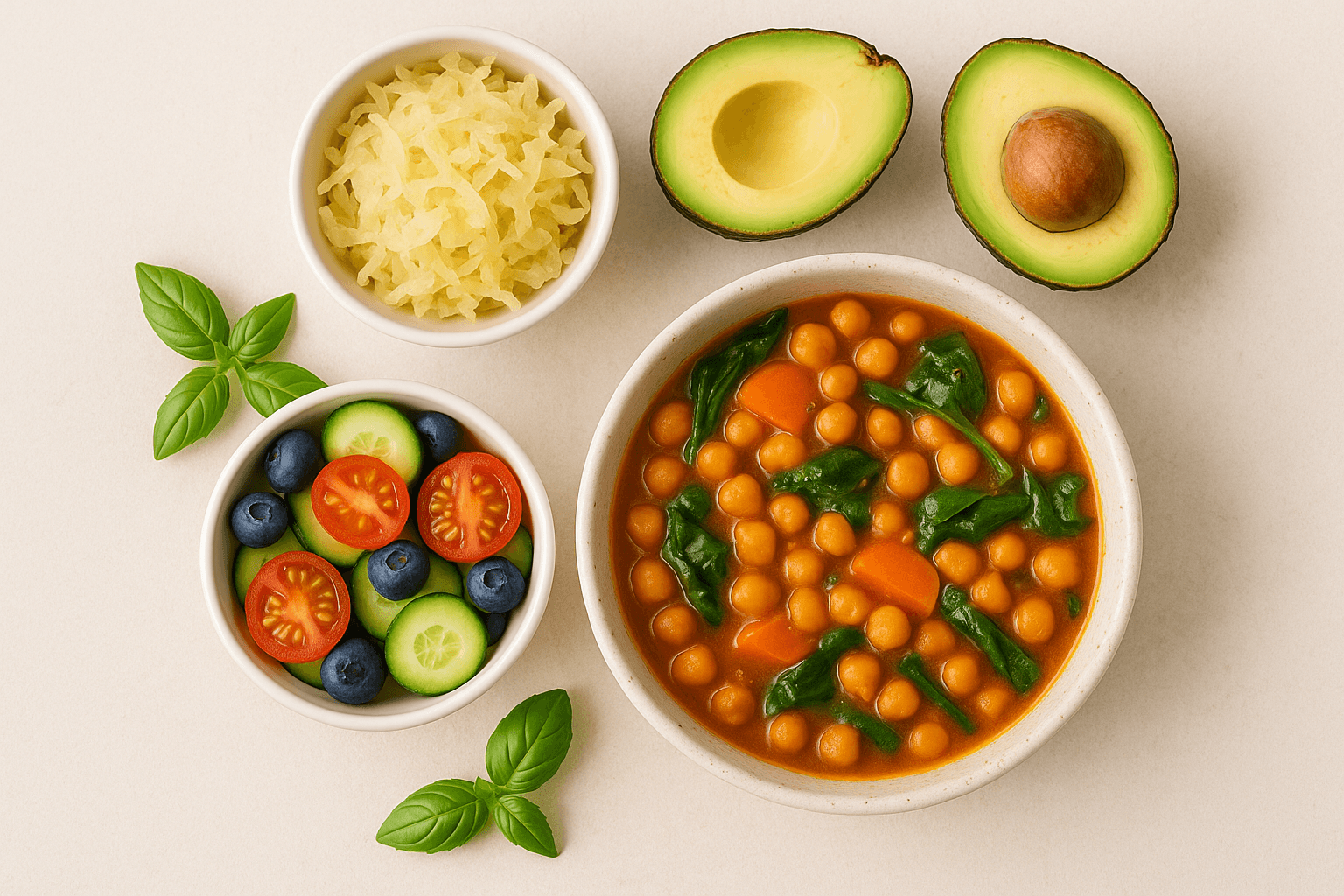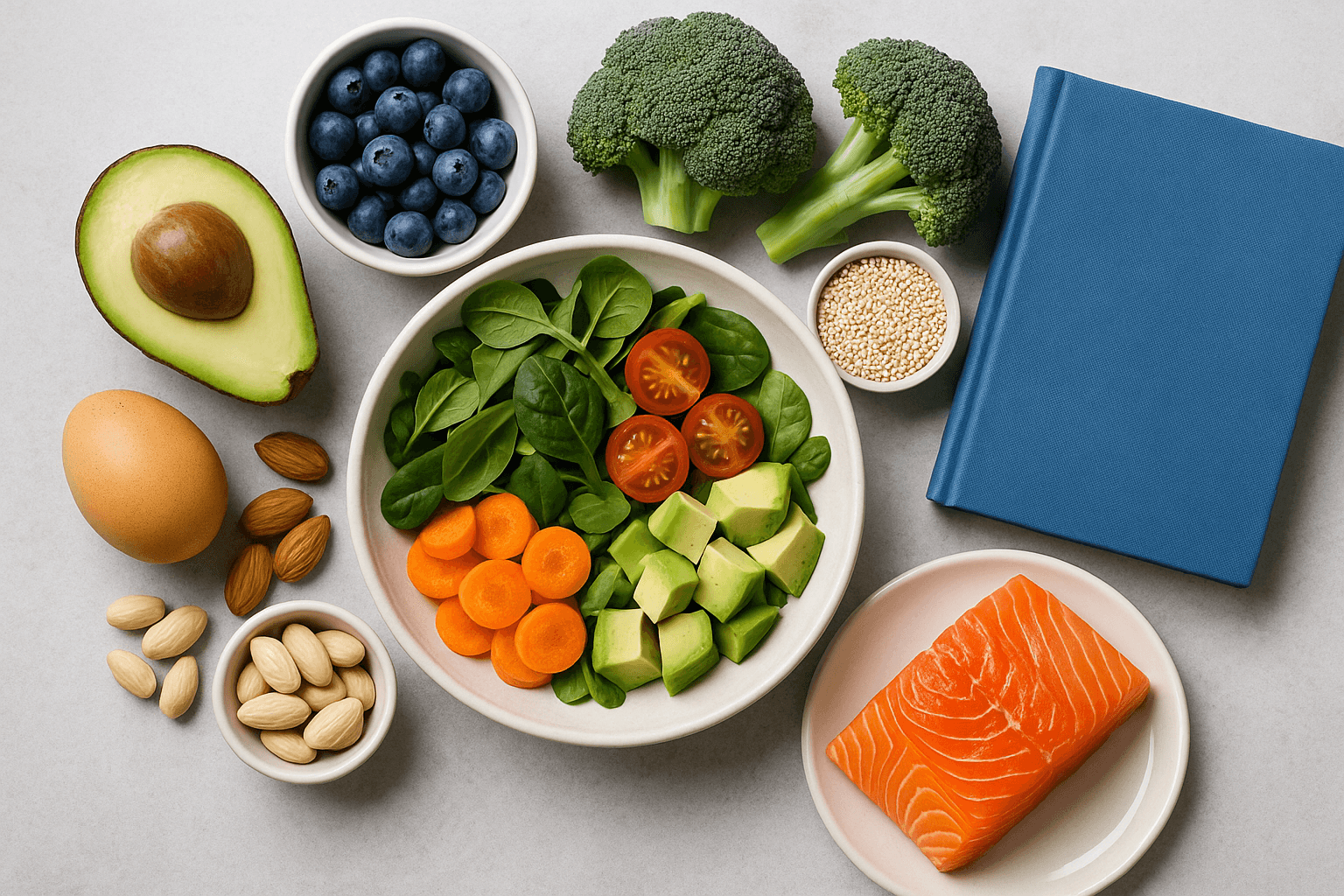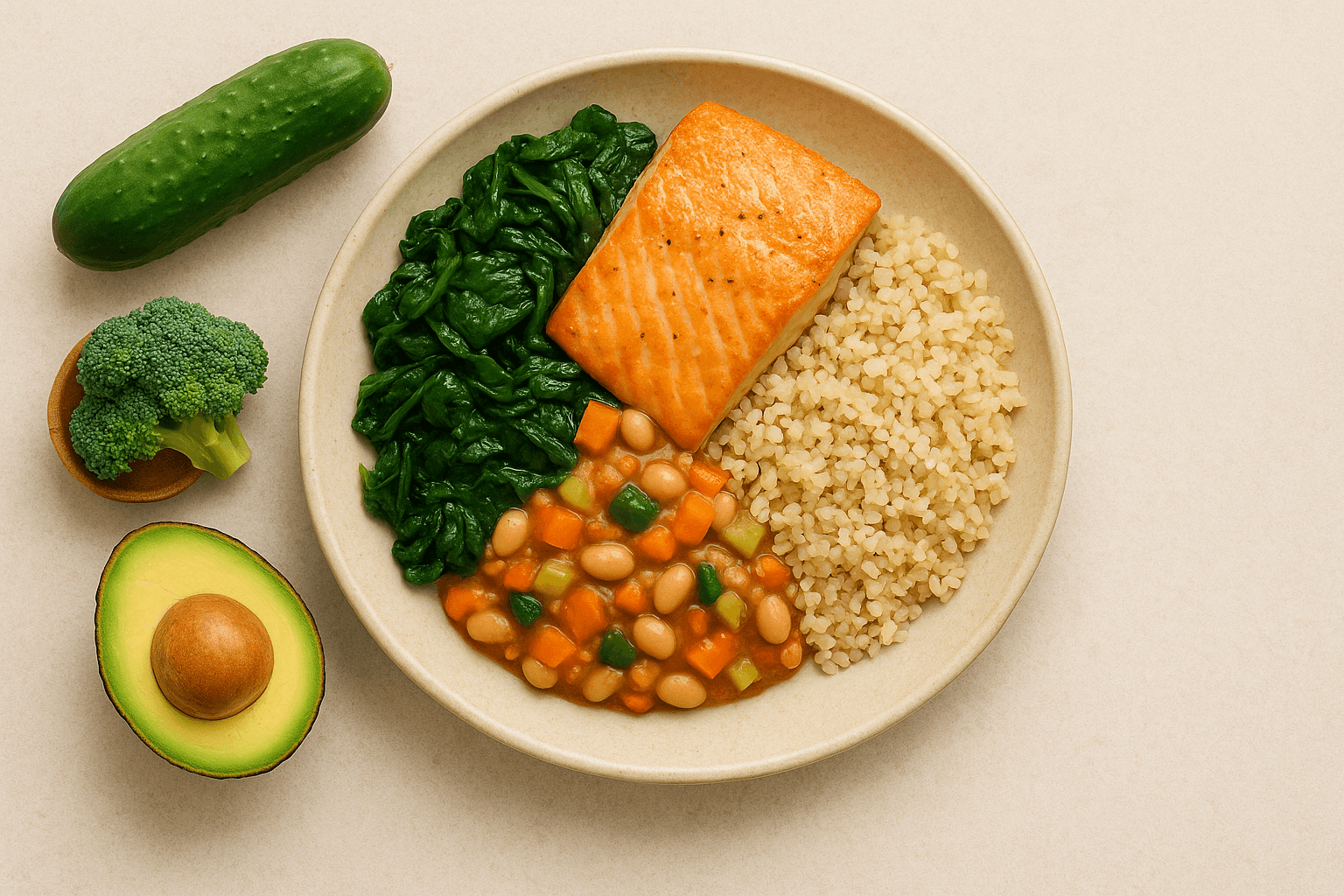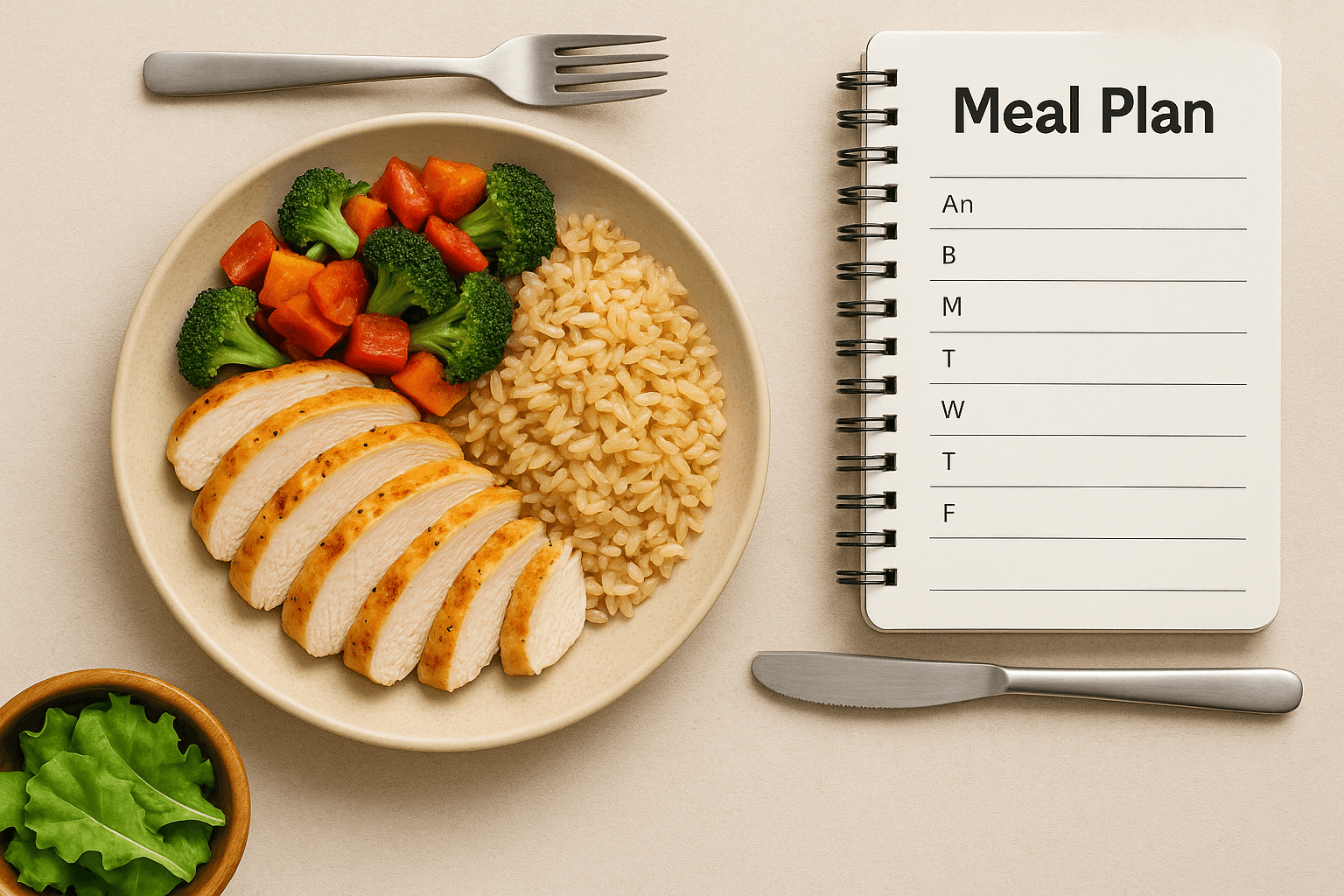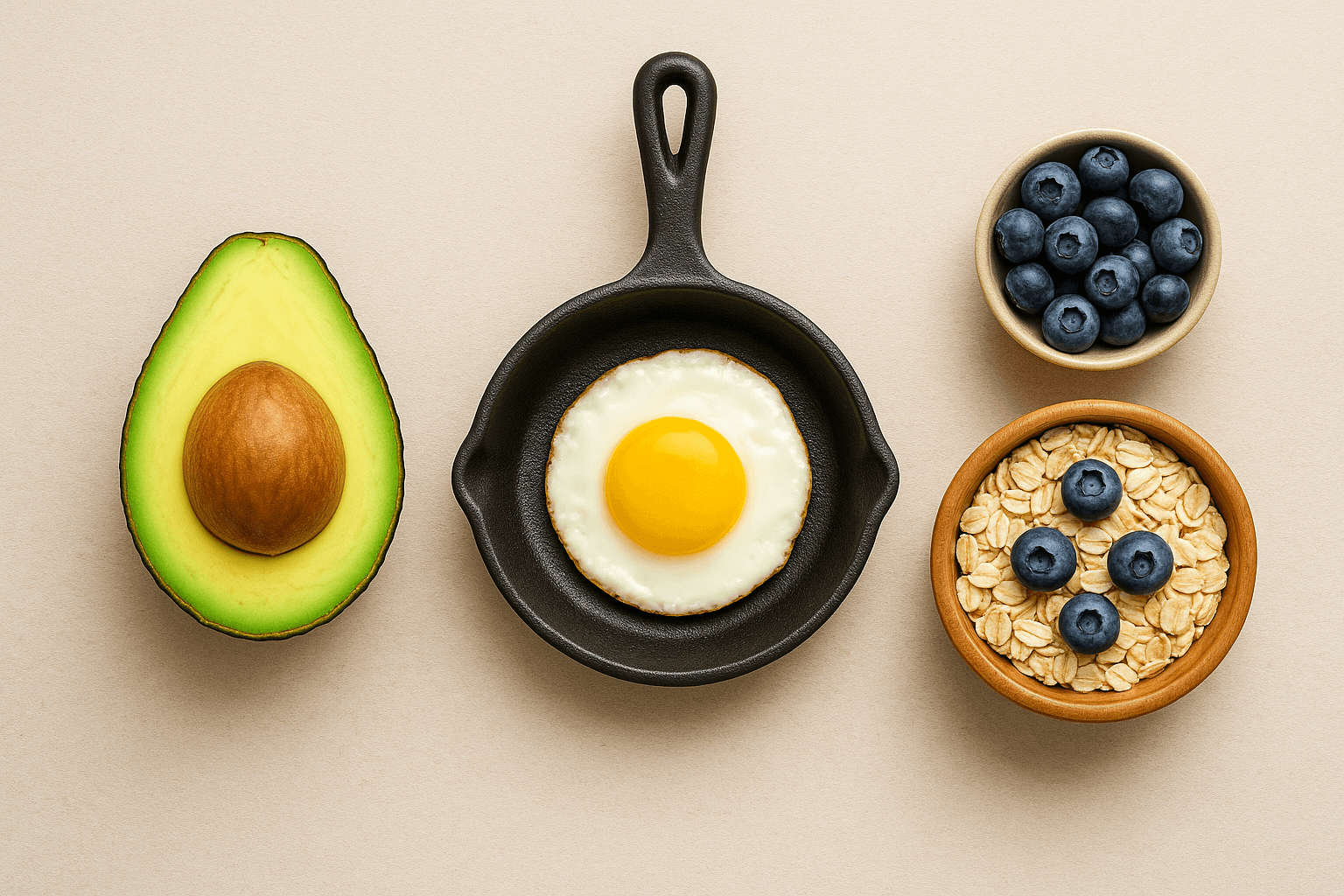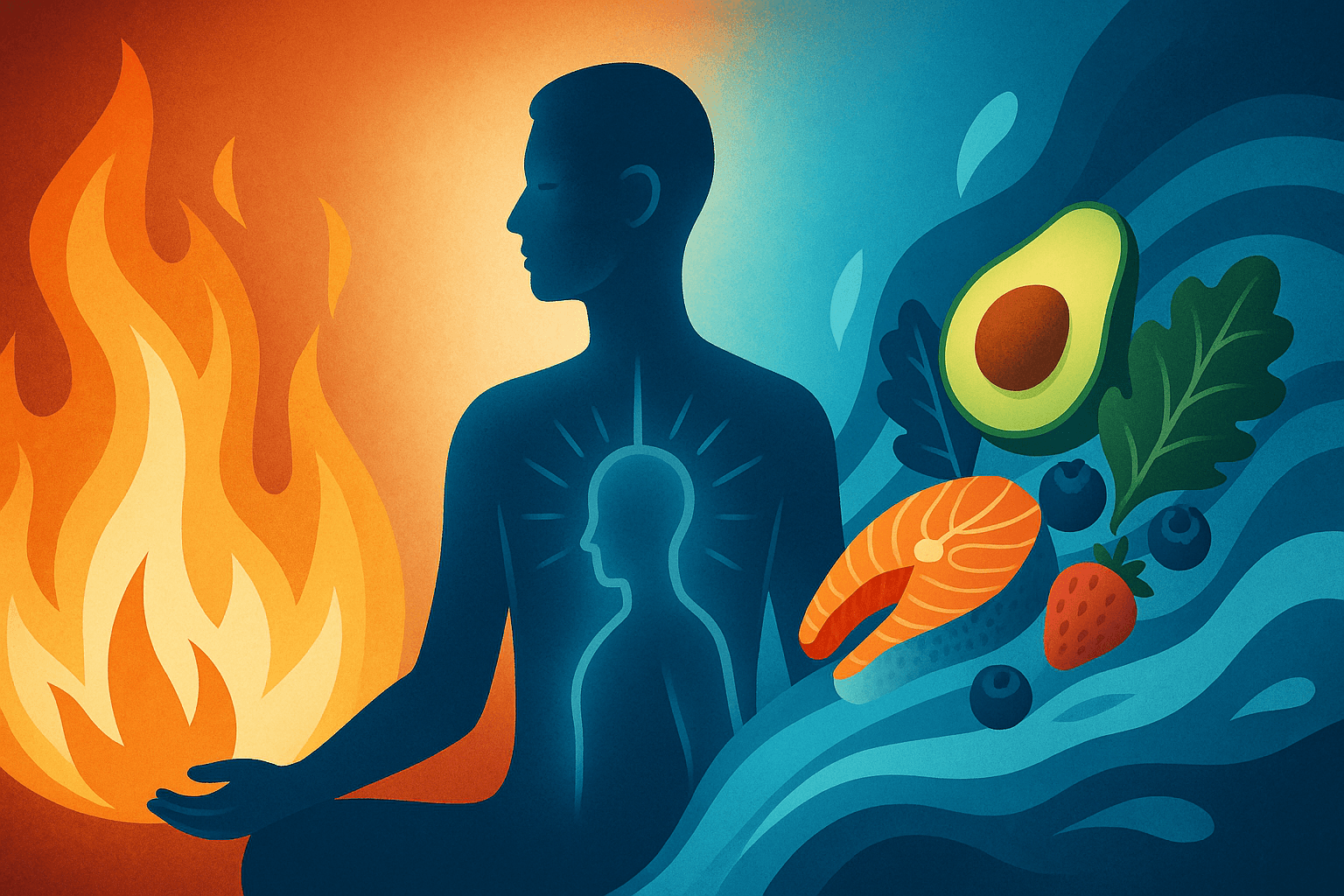Blood Sugar Mastery: How To Balance Your Blood Sugar For Energy, Focus and Living A Pain Free Life
Published on August 21, 2025
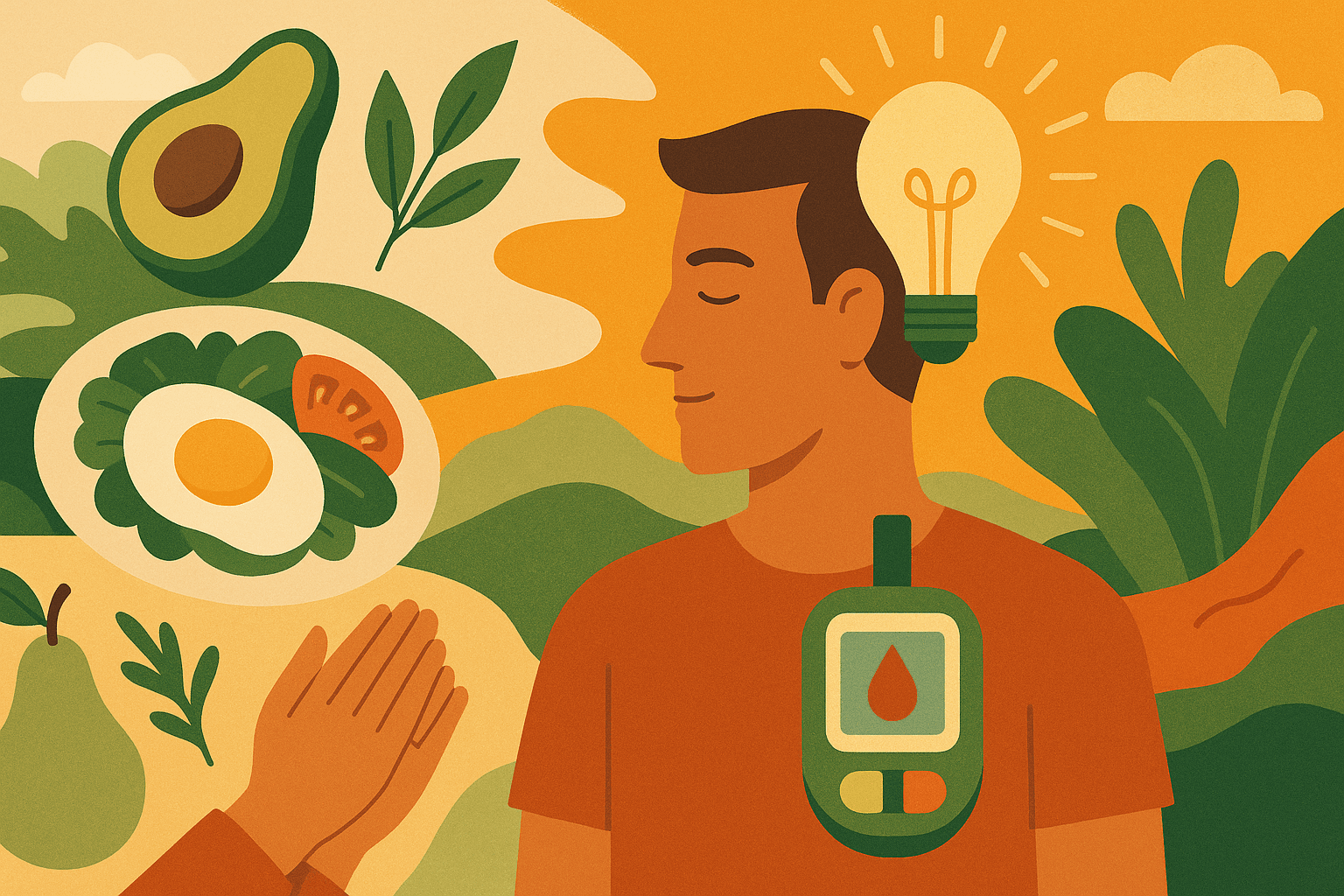
The balance of your blood sugar is one of the most overlooked keys to a life of great energy and a lean metabolic profile. It affects everything from how you feel after lunch to your long-term risk of developing diabetes, heart disease and maybe even Alzheimer’s.
But most people believe that blood sugar matters only if you have diabetes. Nothing could be farther from the reality.
Regardless of whether you want to shed pounds, gain mental clarity, increase stamina or decrease chronic inflammation, the foundation starts with balancing glucose levels.
This article will explore: How blood sugar works (and why diabetics should pay attention to it) What disrupts your blood sugar The unexpected relationship between sugar, mood, sleep, and cravings Foods, habits, and practices to balance your blood sugar naturally Specific habits to establish that protect your energy and hormones
What Is Blood Sugar, and Why Does It Matter? Glucose, also known as blood sugar, is the main fuel your body uses to power cellular activity. It’s essential for survival. But, like any potent system, it requires regulation.
In a healthy system: Only small post-meal rise in blood sugar Insulin is secreted correctly Glucose is rapidly removed
In a dysregulated system: After-meal blood sugar levels go too high Excess insulin release by the pancreas Insulin resistance in cells Sugar stays in the blood for too long
This can eventually lead to insulin resistance, weight gain, fatigue, inflammation, and disease risk.
‘I Wasn’t Living Any More’: Nine Signs Your Blood Sugar Is Too High Afternoon energy crashes Fidgeting and anxiousness between meals Sugar or carb binges Brain fog - especially after eating Waking at 3 a.m. in an active brain Weight gain, especially in the midriff area Skin issues and breakouts Loss of ability to lose weight despite "eating clean"
What Makes Blood Sugar Spike (and Crash)? Refined carbohydrates (white bread, crackers, sugary cereals) Liquid sugar (juice, soda, sweetened lattes, alcohol) Lack of protein and fat at meals Sedentary behavior Poor sleep Chronic stress
Hidden Connection Between Blood Sugar, Mood, Sleep, and Hormones Mood: Blood sugar crashes = irritability, anxiety, depression Sleep: Nighttime drops in blood sugar = 3 a.m. wakeups Hormones: Dysregulated insulin = imbalanced thyroid, sex hormones, appetite control
How to Balance Blood Sugar Naturally Pair carbs with protein, fiber, and healthy fat Front-load fiber: eat non-starchy veggies before starches Make protein a priority at breakfast (25–30g) Walk after meals Try early time-restricted eating (12–16 hour overnight fasts) Cut back on refined carbs — not whole carbs
Blood Sugar Superfoods, Smart Swaps Apple cider vinegar (before high-carb meals) Cinnamon Leafy greens and cruciferous vegetables Chia and flaxseeds Overnight oats Lentils and beans Healthy fats: avocados, nuts, olive oil Eggs, fish, lean meats
Smart swaps: Juice → lemon water or herbal tea Granola → chia pudding or yogurt + berries Cereal → scrambled eggs on vegetables Pasta → zoodles or legume-based pasta
A Sample Day of the Balanced Blood Sugar Diet
Morning: Vegetable omelet with avocado + sautéed spinach Green tea or coffee with MCT oil
Midday: Grilled chicken salad with chickpeas and field greens 10-minute walk
Afternoon snack: Almonds + apple slices with cinnamon
Dinner: Roast salmon with Brussels sprouts and sweet potato wedges Apple cider vinegar in water before meal
Evening: Ginger or chamomile tea No food 2–3 hours before bed
Benefits for Stabilized Blood Sugar Over Time Consistent energy Fat loss with lean muscle preservation Deeper sleep Sharper focus Reduced inflammation Balanced hormones
Conclusion: Manage the Sugar, Regain the Spark Blood sugar balance isn’t a restriction — it’s a foundation for thriving.
It’s not never eating carbs. It’s about how and when you eat them.
Master blood sugar and unlock better energy, sleep, mood, and long-term health.



